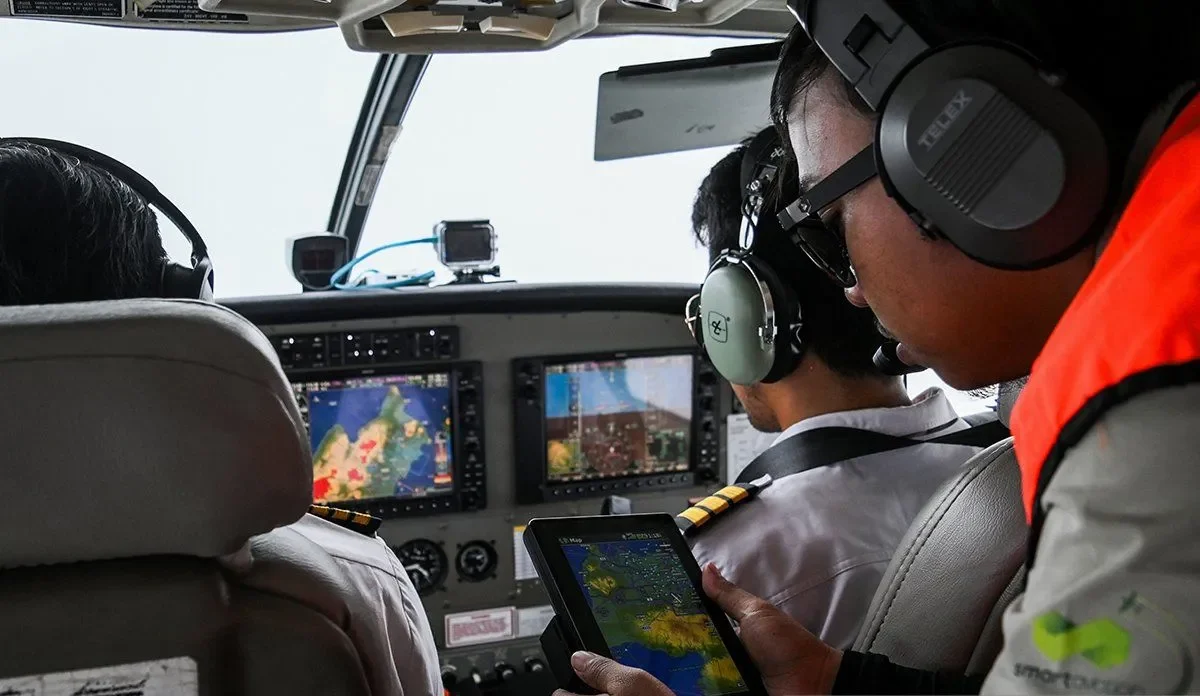WNAM REPORT: Chief of Air Force Staff Marshal Tonny Harjono, speaking at the Bali Regional Air and Space Power Forum 2024 on Tuesday, highlighted the crucial role of aerospace technology in managing natural disasters.
He also emphasized the necessity of international readiness and collaboration in addressing natural disasters, which have become more frequent due to climate change.
“Indonesia, located in the Pacific Ring of Fire, faces high risks of natural disasters. Therefore, aerospace technology, including unmanned aerial vehicles (UAVs) and satellites, is vital for enhancing the effectiveness of Humanitarian Assistance and Disaster Relief (HADR),” he said.
He affirmed that aerospace technology supports rescue operations and helps minimize disaster impacts.
Harjono also highlighted the increasing frequency and intensity of natural disasters
Citing data from the Indonesian Meteorology, Climatology, and Geophysics Agency (BMKG), he noted that floods, earthquakes, and other disasters in 2023 affected more than 26 million people.
He emphasized the need for readiness in aerospace technology and international collaboration to effectively address disaster occurrences.
He cited as examples the effective handling of Mount Semeru’s eruption and an earthquake that struck in 2018 owing to the use of information technology.
“Technology alone is not enough. International cooperation is very important for us to continue to grow partnerships, learn from each other, and build resilience,” he remarked.
Approximately 200 participants from various countries attended the 2024 Bali Regional Air and Space Power Forum, which served as a platform for sharing knowledge and experiences related to aerospace technology and HADR operations.
At the forum, the Coordinating Ministry for Maritime Affairs and Investment and the Indonesian Air Force featured speakers specializing in UAVs, satellites, and C4ISR (Command, Control, Communications, Computers, Intelligence, Surveillance, and Reconnaissance).

